A Brief History of Discrimination against Black Farmers—Including by the USDA
The Equation
AUGUST 27, 2024
The failure of this act likely played a role in paving the way for sharecropping and tenant farming. In the late 19th and early 20th centuries, another opportunity for land ownership was presented through sharecropping and tenant farming.

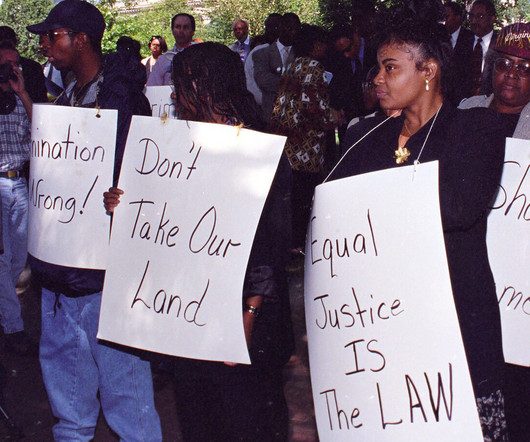


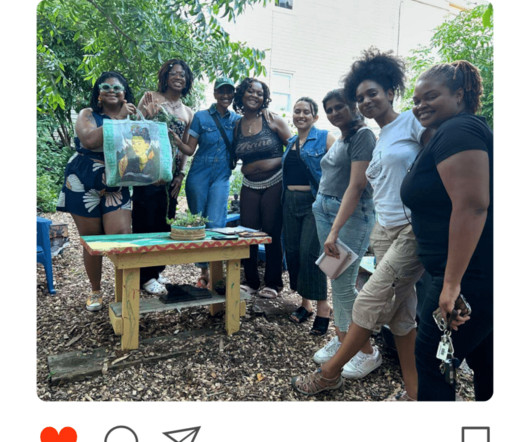
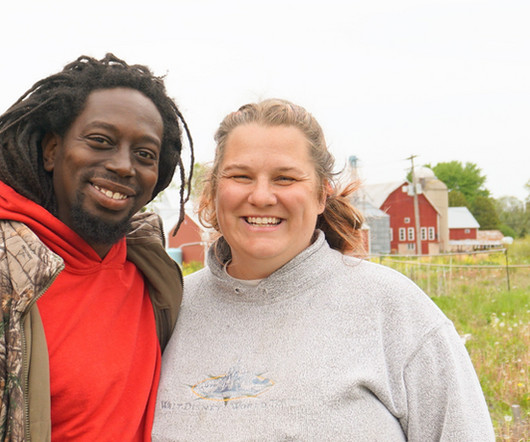
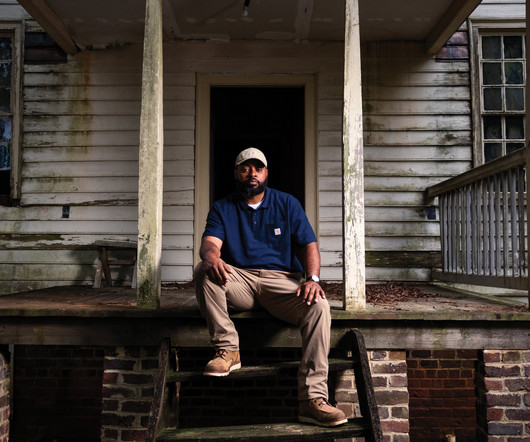



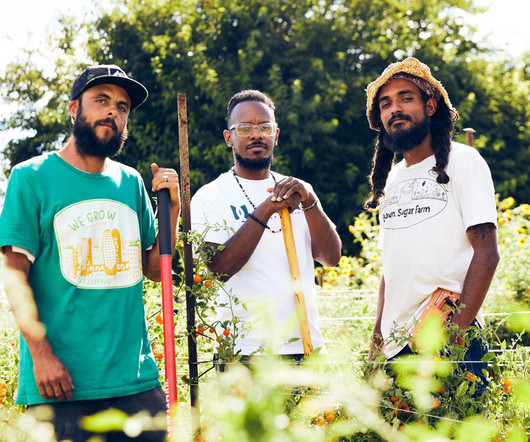


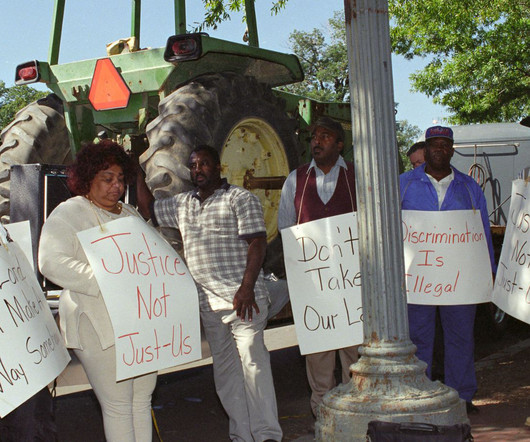







Let's personalize your content